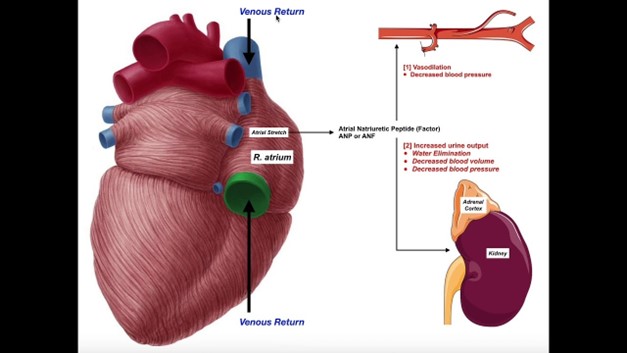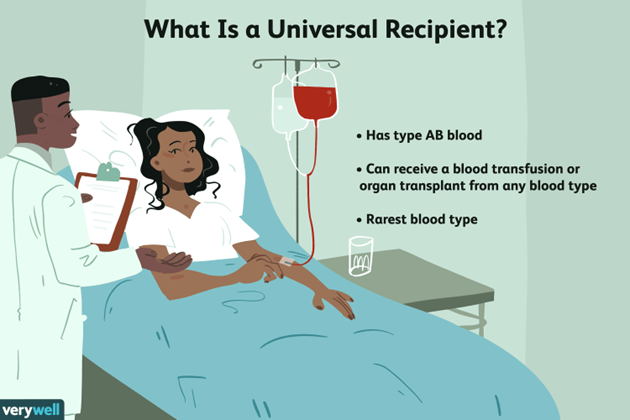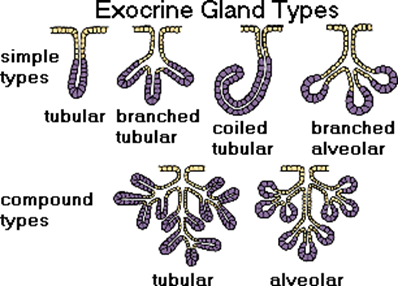An atrial natriuretic peptide is a hormone that:
Is released from the adrenal cortex and stimulates atrial hormones.
Is stimulated to release when blood volume decreases.
Raises blood pressure.
Inhibits the release of renin and aldosterone.
The Correct Answer is D
Atrial natriuretic peptide (ANP) is a hormone secreted by the heart when the atria are stretched by high blood pressure or volume.

ANP has multiple effects, such as increasing urine and salt excretion, lowering blood pressure, and opposing the renin-angiotensin-aldosterone system.
Therefore, ANP inhibits the release of renin and aldosterone, which are hormones that increase blood pressure and sodium retention.
Choice A is wrong because ANP is not released from the adrenal cortex but from the cardiac atria.
ANP does not stimulate atrial hormones but rather inhibits them.
Choice B is wrong because ANP is not stimulated to release when blood volume decreases, but when it increases.
ANP acts to reduce blood volume by promoting diuresis and natriuresis.
Choice C is wrong because ANP does not raise blood pressure, but lowers it. ANP acts as a vasodilator and reduces peripheral resistance.
Nursing Test Bank
Naxlex Comprehensive Predictor Exams
Related Questions
Correct Answer is B
Explanation
Persons with type AB blood are sometimes called universal recipients, not donors. This means they can safely receive a blood transfusion using any other blood type. Choice A is wrong because it confuses type AB blood with type O negative blood.
Type O negative blood is considered the universal donor type because it has no antigens on the surface of red blood cells and can be given to people of any blood type.
Type AB-positive blood is also considered the universal plasma donor type because it has both A and B antigens and can be given to patients with any blood type.
Plasma is the liquid part of blood that carries cells and proteins throughout the body.
The presence or absence of antigens and the Rh factor determine how a person’s immune system reacts to a blood transfusion or organ transplant.
Antigens are substances that can trigger an immune response if they are foreign to the body.
The Rh factor is a protein that can be either present (+) or absent (-) on the surface of red blood cells.

Correct Answer is D
Explanation
Exocrine glands secrete through ducts or tubes to the body’s exterior.

For example, sweat glands, salivary glands, and liver are exocrine glands.
Choice A is wrong because exocrine glands do not only secrete salts, but also other substances such as enzymes, mucus, and sebum.
Choice B is wrong because exocrine glands do not secrete hormones at all.
Hormones are secreted by endocrine glands, which are ductless glands that release their products directly into the bloodstream.
Choice C is wrong because exocrine glands do not secrete into the bloodstream, but onto an epithelial surface such as the skin or the gastrointestinal tract.
Only endocrine glands secrete into the bloodstream.
Whether you are a student looking to ace your exams or a practicing nurse seeking to enhance your expertise , our nursing education contents will empower you with the confidence and competence to make a difference in the lives of patients and become a respected leader in the healthcare field.
Visit Naxlex, invest in your future and unlock endless possibilities with our unparalleled nursing education contents today
Report Wrong Answer on the Current Question
Do you disagree with the answer? If yes, what is your expected answer? Explain.
Kindly be descriptive with the issue you are facing.
